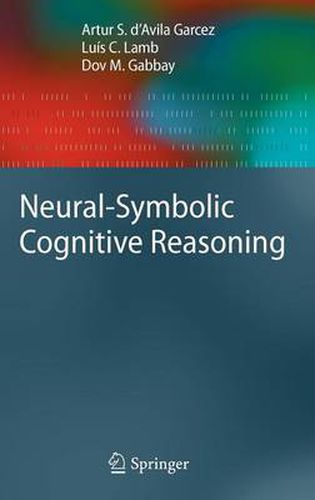Readings Newsletter
Become a Readings Member to make your shopping experience even easier.
Sign in or sign up for free!
You’re not far away from qualifying for FREE standard shipping within Australia
You’ve qualified for FREE standard shipping within Australia
The cart is loading…






This title is printed to order. This book may have been self-published. If so, we cannot guarantee the quality of the content. In the main most books will have gone through the editing process however some may not. We therefore suggest that you be aware of this before ordering this book. If in doubt check either the author or publisher’s details as we are unable to accept any returns unless they are faulty. Please contact us if you have any questions.
Humans are often extraordinary at performing practical reasoning. There are cases where the human computer, slow as it is, is faster than any artificial intelligence system. Are we faster because of the way we perceive knowledge as opposed to the way we represent it?
The authors address this question by presenting neural network models that integrate the two most fundamental phenomena of cognition: our ability to learn from experience, and our ability to reason from what has been learned. This book is the first to offer a self-contained presentation of neural network models for a number of computer science logics, including modal, temporal, and epistemic logics. By using a graphical presentation, it explains neural networks through a sound neural-symbolic integration methodology, and it focuses on the benefits of integrating effective robust learning with expressive reasoning capabilities.
The book will be invaluable reading for academic researchers, graduate students, and senior undergraduates in computer science, artificial intelligence, machine learning, cognitive science and engineering. It will also be of interest to computational logicians, and professional specialists on applications of cognitive, hybrid and artificial intelligence systems.
$9.00 standard shipping within Australia
FREE standard shipping within Australia for orders over $100.00
Express & International shipping calculated at checkout
This title is printed to order. This book may have been self-published. If so, we cannot guarantee the quality of the content. In the main most books will have gone through the editing process however some may not. We therefore suggest that you be aware of this before ordering this book. If in doubt check either the author or publisher’s details as we are unable to accept any returns unless they are faulty. Please contact us if you have any questions.
Humans are often extraordinary at performing practical reasoning. There are cases where the human computer, slow as it is, is faster than any artificial intelligence system. Are we faster because of the way we perceive knowledge as opposed to the way we represent it?
The authors address this question by presenting neural network models that integrate the two most fundamental phenomena of cognition: our ability to learn from experience, and our ability to reason from what has been learned. This book is the first to offer a self-contained presentation of neural network models for a number of computer science logics, including modal, temporal, and epistemic logics. By using a graphical presentation, it explains neural networks through a sound neural-symbolic integration methodology, and it focuses on the benefits of integrating effective robust learning with expressive reasoning capabilities.
The book will be invaluable reading for academic researchers, graduate students, and senior undergraduates in computer science, artificial intelligence, machine learning, cognitive science and engineering. It will also be of interest to computational logicians, and professional specialists on applications of cognitive, hybrid and artificial intelligence systems.